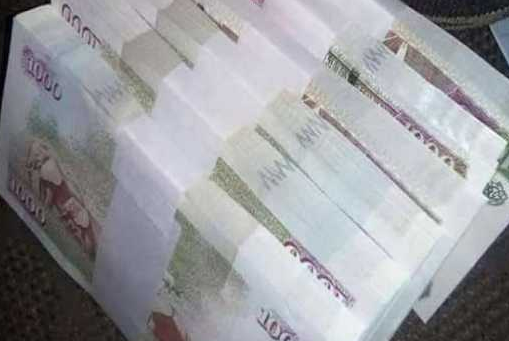×
The Standard e-Paper
Join Thousands Daily

In a complex web of deception, a group of local and international crooks have created a thriving enterprise in Nairobi, which is minting billions by luring gullible investors who want to cut corners to multiply their riches.